How to Be a Prop Trader: Mastering the Art of Proprietary Trading In 4 Steps
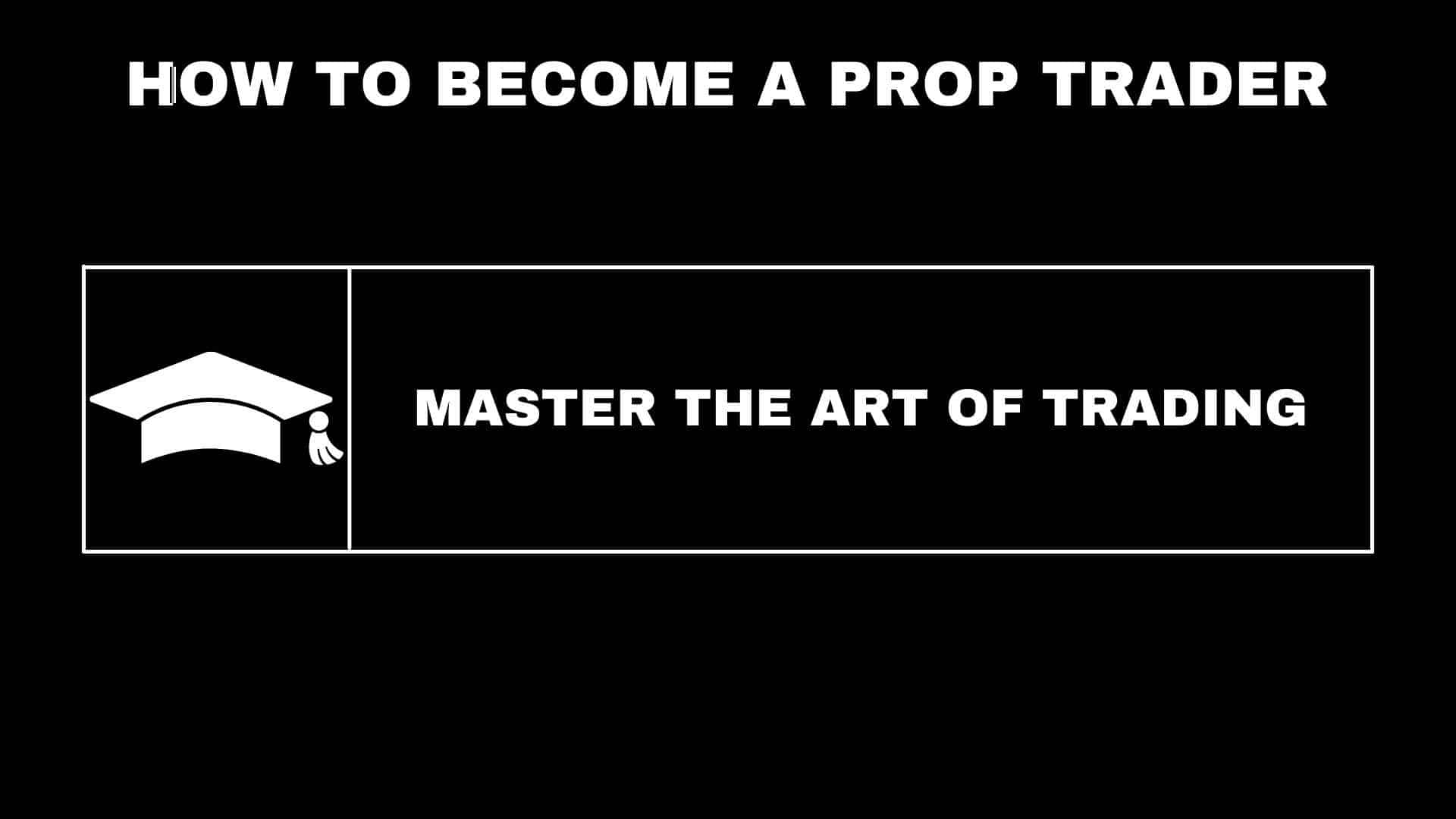
- Unlock the Secrets of Prop Firm Trading
- Gain Expert Insights from our prop firm's top traders
- Take Control of Your Finances Today!
Do you have a yearning in your heart to become a proprietary trading wizard? Just like the below image perhaps?

OK, well . . . Maybe not quite like that, but perhaps you have aspirations to become self-employed and just want more time, money, and flexibility in your life. Then you’ve come to the right place. This guide is going to cover how to be a prop trader.
So, you want to be a prop trader? Keep reading, we’ll prepare you to get started in the competitive world of proprietary trading.
Before we begin, we want to thank you for visiting Trading Strategy Guides! If this is your first time, welcome! We truly desire to help traders become more successful. If you are looking for anything in particular you can always check out the Trading Strategy Guides Blog.
Newbies to trading should head on over to read Financial Markets for Beginners. You’ll find out everything you ever wanted to know about trading for beginners.
Lastly, if you skipped ahead, you may want to go back and read our Proprietary Trading Beginners Guide where you’ll learn a ton of information about how prop firms and prop trading work.
Awesome! If you’re ready, then we’re ready, let’s get started!
Table of Contents
Intro — How To Be a Prop Trader
You are currently reading the second article in our prop account trading series.
In this article, we are teaching you the necessary steps required to become a prop trader, we break everything down in simple bite-sized pieces to teach what it looks like to be a prop trader.
In the first article, we taught you what prop trading is, with a comprehensive breakdown of the basics, and the research required to kick-start your prop trading career.
The following article attempts to answer the question “Is prop trading legal in the USA?”, this can be confusing for some US citizens based on some of the rules and regulations coming from American financial regulation authorities.
Additionally, we break down how to pass a prop firm trading test. We give you a simple yet profitable strategy, while also helping you emphasize discipline and risk management when it comes to take a prop firm trading test.
The next article, is a comprehensive list, breaking down the details of 10 of the best prop firms to trade with. There is a prop firm out there for everyone, and we want to make sure you know your options!
Please leave a comment after reading this article if you feel there are any topics we forgot.
Now let’s begin learning how to be a prop trader!
How To Become a Prop Trader
As you’re reading this guide, you may think to yourself, “This can’t be all, it seems too easy!” The truth is, yes it is that easy, but it’s not as easy as you think. Does that make sense? Let me explain:
Becoming a prop trader can be an exciting and rewarding career choice for those who have a passion for trading and investing. However, it takes more than just a desire to succeed to become a successful prop trader. To be a prop trader, you need to have the right education, experience, and mindset.
We’re going to talk about the simplicity of how to become a proprietary trader, but we’re also going to go a little bit deeper, not just how to start, but how to be successful and stay successful as a prop firm trader (which is a little bit trickier).
We’ll start by explaining the simple steps, like researching prop firms, trading platforms, and prop evaluations. But, we’ll also talk more in-depth about what is required to be successful as a prop trader. Topics such as good trade management, risk management, and mindset, are arguably much more challenging than making money on a single trade.
What Is a Prop Trader
Proprietary trading, more commonly known as prop trading, is very similar to being a self-employed trader. The main difference is that the trader is using the capital, provided by a prop firm, to make trades in financial markets. They operate as independent businesses and hire qualified traders to earn profits for the firm.
Traders working within a prop firm are given access to its capital and compensated through a profit-sharing agreement based on their trading performance. Prop firms provide traders with the necessary infrastructure, tools, and support to promote successful trading.
If you want to learn more about what prop trading is check out our Prop Firm Beginner’s Guide.
4 Steps On How To Be A Prop Trader
We’ve broken the process of how to be a prop trader down into 4 simple steps: Education, Experience, Evaluation, and Maintenance.
Let’s go over each one of these steps:
1. Education

Anytime you start something new, you need to educate yourself on the topic. Learning how to get into prop trading is no different than if you were learning to become a rocket scientist, a doctor, or a janitor (well, maybe not so much a janitor, but you get the point). They all require an education!
Let’s check out a few ways you can educate yourself to become a proprietary trader.
a. Which Market
If you just asked the question, “Do you mean like a supermarket?” Then you may need to backtrack just a little bit. Check out our ultimate guide to understand financial markets.
When we talk about markets, we mean, which financial market are you interested in trading? Stocks? Crypto? Futures? Forex? A mix of each? Algos?
Some prop firms allow you to choose from many instruments across different markets. Some only focus on one. So, understanding which market you want to put all your focus on is really the beginning of your journey to becoming a prop trader.
Not sure which market you want to dabble in yet? Here are a few resources that may help you make a decision:
Forex beginner’s guide is all about Forex, how to start trading the Forex market, and even a good strategy that can help you to learn Forex trading.
Cryptocurrency Beginner’s Guide will teach you how to wrap your head around crypto and give you a good grounding on what’s needed to start trading cryptocurrencies.
Futures For Dummies is a nice introduction to the overly complicated futures market that can make new traders’ heads spin.
Single Stock Strategy can help you maintain your focus by choosing just one stock to trade while drowning out the rest of the market noise.
Algorithmic Trading is great for people who are technically minded and want to create strategies that do all the work for them.
Now that you’ve done your homework on the markets, it’s time to move on to choosing a strategy to help you become a proprietary trader.
b. Which Strategy
Now that you’ve received some ideas for the market(s) you want to trade, you are one step closer to becoming a prop trader.
Choosing the right trading strategy is not as important as sticking with your chosen strategy, which we’ll discuss a bit later. But, having a good strategy that can be profitable is important.
There are a couple of things you may want to consider when choosing the right strategy in order to become a prop trader.
Time
When it comes to prop trading, the time frame you choose can greatly impact your strategy and potential profits.
Short-term traders, or day traders, may focus on quick profits within a single day or even minutes, using technical indicators and chart patterns.
Medium-term traders, or swing traders, look at trends and potential catalysts over a few days to weeks, using both fundamental and technical analysis.
Long-term traders, or positional traders, may focus on undervalued or overvalued assets over several months to years, using a combination of technical and fundamental analysis.
It’s important to choose a time frame that aligns with your goals and trading style, balancing profitability and risk management. Whether you prefer fast-paced short-term trades or more patient long-term positions, when figuring out how to be a proprietary trader, your time frame should support your desired level of success.
Balance of Success
Finding the right balance between success rate and profitability is crucial. The success rate is the percentage of profitable trades. Profitability is the overall profit generated by a trading strategy.
A high success rate can be appealing, but it does not guarantee profitability if the profits generated by winning trades are consistently smaller than the losses incurred by losing trades.
A lower success rate strategy with higher profitability may result in larger profits overall if the profits generated by winning trades are significantly larger than the losses incurred by losing trades.
Suppose a trader is using a trading strategy that has a success rate of 70%. Out of 10 trades, 7 are successful, and 3 are losing trades. However, the profits generated by the winning trades are consistently smaller than the losses incurred by losing trades. Let’s say the average profit per winning trade is $50, while the average loss per losing trade is $100.
In this scenario, the trader has a high success rate of 70%, which may seem appealing at first glance. However, if we take a closer look at the numbers, we’ll see that the trader will only make a net profit of $50 x 7 – $100 x 3 = $50 over the 10 trades.
While the success rate is high, the trader is still losing money overall. In this case, it may be more beneficial to adjust the strategy to focus on increasing the profits generated by winning trades and minimizing losses incurred by losing trades.
Traders can use risk management techniques such as setting stop-loss orders, limiting trade size, and avoiding overtrading. Experimenting with different strategies and time frames can also help find the right balance. Ultimately, achieving a balance between success rate and profitability requires discipline, patience, and a willingness to learn from both successful and unsuccessful trades.
Further reading: Choosing the best trading strategy, Best Prop Firm Trading Strategy
c. Which Trading Platform
Another essential element to consider when researching how to be a prop trader is the trading platform you will use. It may seem like an insignificant detail, but not all trading platforms are created equal.
Do you want to trade using a robot or some level of algorithmic trading? Then there might be platforms that you won’t be able to use. Maybe you just don’t like the order entry interface. Or you really hate the charting of a specific platform.
That all matters and should be taken into consideration when selecting a prop firm to join.
d. Which Prop Firm
There are a lot of prop firms to choose from. But if you’ve taken the time to carefully go through each one of the previous steps, this should be fairly easy.
Start by identifying firms that specialize in your chosen market and platform, and that align with your trading strategy. Once you have a list of potential firms, dig deeper into their reputation, track record, and level of support and resources for traders.
Consider factors such as trading capital, payout structure, and any fees or costs associated with joining or trading with the firm. It can also be helpful to reach out to current or former traders to get their perspectives on the experience and any potential challenges.
By taking the time to thoroughly evaluate each prop firm, you can increase your chances of finding the right fit and setting yourself up for success as a prop trader.
Are you ready to find a prop firm? GlobalPropTrader by Trading Strategy Guides can help you take that next step in becoming a prop trader. We specialize in Forex, Metals, and Oil. Stocks, crypto, and indices can also be traded in the form of CFDs.
Further Reading: Best Prop Trading Firms of 2023
2. Experience

Probably the most important criterion for joining a prop firm is gathering real-world experience. It’s nice that you decided on the strategy you want to use but . . . Have you backtested it? You have? Good now forward test it. You did that too? Good now test it live taking small amounts of risk. You did do all of the above? Amazing, now do it again!
See below for the cycle of optimizing a trading strategy.
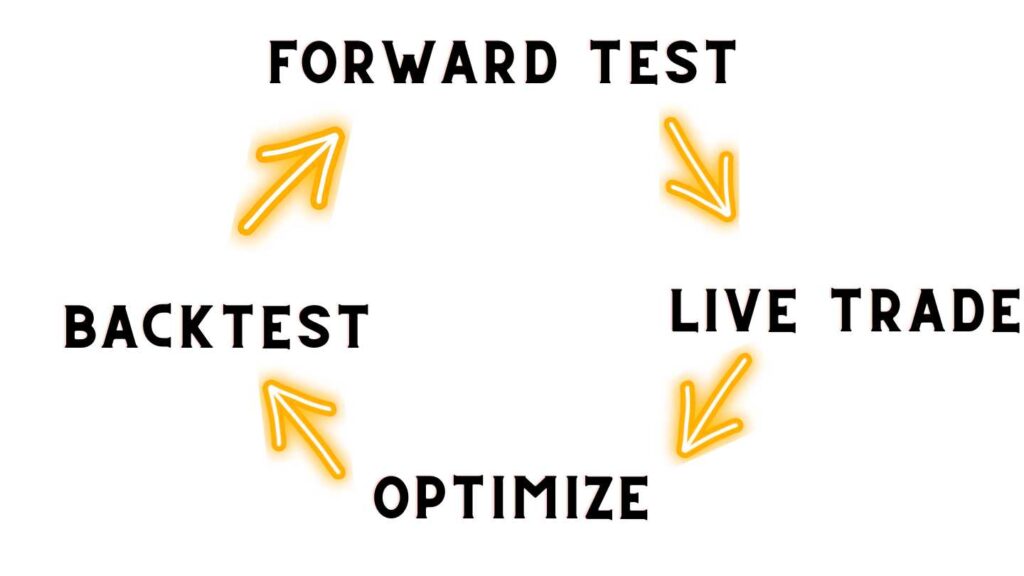
You don’t know what any of those things are? Let me explain:
a. Backtest
Backtesting is the process of checking the success rate and potential profitability of a trading strategy using historical charts. This can be done by manually scrolling through the chart history of a particular instrument, but it can also be done using automated backtesting software.
b. Forward Test
Forward testing, also called paper trading, is kind of like live trading, except you are risking NO money! A lot of trading platforms will allow you to set up demo accounts for no fees, and you can practice any crazy strategy you want. I can’t emphasize enough the importance of this step. Why would you risk your hard-earned cash on something you haven’t tried and tested?
c. Live Trade
Forward testing is good and very important, but the strategy doesn’t become real until you’ve got some skin in the game. When trading with real cash it adds variables of managing your emotions and practicing good entry and exit strategies by following your rules. This is where the rubber meets the road, make sure to start small.
d. Rinse and Repeat
Testing out one strategy is all fun and games, but you’re going to leave a lot on the table if you don’t optimize your strategy — or completely get rid of a strategy that underperforms.
A good strategy is constantly evolving. Markets change, instruments start ranging instead of trending, or vice versa. That means you need to be prepared for the ebbs and flows of the market you’re trading.
You may need to make a small tweak or take a jackhammer to your strategy, but either way no matter how slight, or massive, the change, you should go through the process of backtesting, forward testing, and live trading over and over again. You need to be certain (no matter how sure you are) that whatever modification you make to your strategy is going to help the profitability.
3. Evaluation
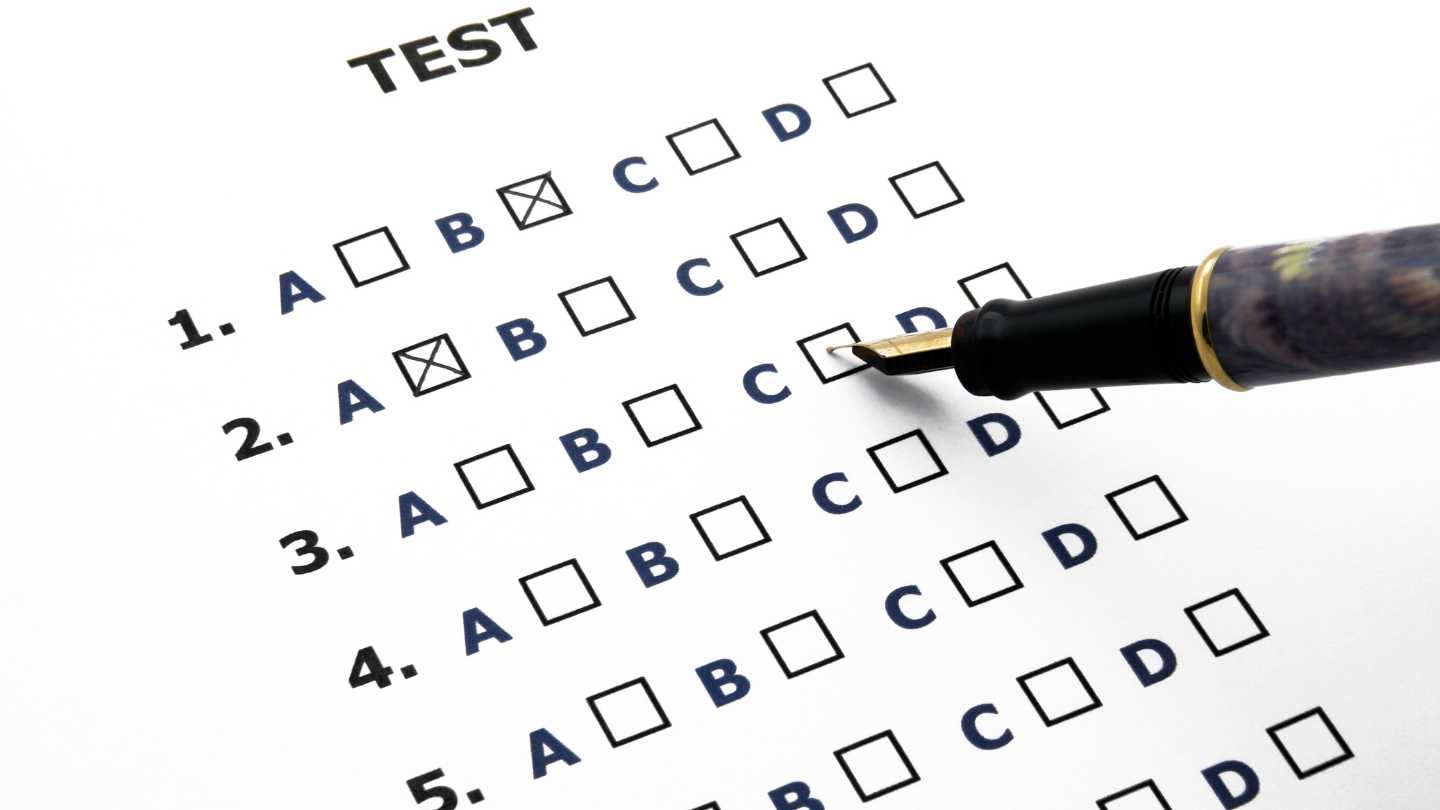
Most prop firms are going to require you to prove that you are ready to join their firm by taking some kind of test. Becoming a prop trader is highly competitive. In order to become a successful prop trader, passing a prop test is often required. An evaluation, or test, is a way for firms to assess a trader’s skills and determine if they are a good fit for the firm. These tests can be challenging, and passing them requires a combination of knowledge, skills, and preparation.
The specific rules of the prop test will vary depending on the firm, but they typically cover topics such as market analysis, trading strategies, risk management, and trading psychology. Some tests may also include math and logic problems or require the trader to make trades in a simulated market environment.
To successfully pass a prop test, it’s important to have a solid foundation in trading knowledge and experience. This can come from education, self-study, or real-world trading experience. It’s also important to have a deep understanding of the specific markets and trading instruments that the firm specializes in.
One of the most important aspects of passing a prop test is preparation. This includes studying and reviewing the material that will be covered on the test (if there is a written test), practicing trading strategies, and familiarizing oneself with the firm’s trading platform. Some firms may also provide study materials or training sessions to help traders prepare for the test.
Another key factor in passing a prop test is having the right mindset. Trading can be a high-pressure environment, and prop trading firms want traders who are able to perform under stress and make sound decisions in the face of uncertainty. This requires a combination of confidence, discipline, and emotional control.
In addition to technical knowledge and the right mindset, passing a prop test also requires attention to detail and careful reading of the instructions. Some tests may include specific rules or guidelines that must be followed, and failing to follow them can result in a failed test.
Overall, passing a prop test requires a combination of knowledge, skills, preparation, and the right mindset. By studying and practicing the material, familiarizing oneself with the firm’s trading platform, and approaching the test with confidence and discipline, traders can increase their chances of passing and ultimately becoming successful prop traders.
We have an excellent guide on how to “Easily” Pass a Prop Firm Trading Test. A must-read for anybody at the crucial stage of taking a prop firm exam.
4. Maintenance
Many traders have attained large egos simply by passing a prop firm exam, while subsequently losing the account shortly after their big win. Don’t be that guy!

Your quest to be a prop trader is not over just because you got the job! Let me say it again, just because you passed a prop test you are not the next Jesse Livermore! There’s still so much work to be done!
You wouldn’t believe how many times we see traders pass a test only to lose their funding in just a few days or less. You’re going to think we are crazy but in order to be a successful prop trader you will need to continuously be going through steps 1 through 4. If you need help just go back to the basics.
Finally, there is one more, optional, step that must be added. We say optional, but more like, highly recommended. And that is to find a mentor along your trading journey.
(Optional) Step 5 Get a Mentor

Before we conclude there is one more thing that we highly recommend doing in order to be a prop trader, find a mentor. Trading is oftentimes a lonely journey, but it doesn’t have to be. Read below to see how having a mentor can help you in becoming a prop trader.
A mentor is someone that you can draw inspiration from, that you can look up to, and sometimes, but not always, you can communicate with for advice on how to keep your head on straight.
You might be asking the question, “How do I find a mentor in trading?”
The answer is simple, just “Be Like Mike“!
How To Be A Prop Trader? Be Like Mike!

Even if you don’t know how to play basketball, or don’t particularly know anything about basketball, you know who Michael Jordan is. He is still — 20+ years after retiring — a household name across the world.
And why? Because he was good at what he did, winning six NBA championships while being named MVP each time [1].
And why are we talking about Michael Jordan in a prop-trading article? Because Michael Jordan was the best ever, and people wanted to be like him. They watched — and rewatched — everything he did. They studied his every move, they imitated him as much as they possibly could.
He inspired generations of basketball players to rise up and become great.
He was, and still is, a Mentor.
Trading can be a lonely career, which is all the more reason we need to find amazing traders that inspire us. So it’s important to find traders that are successful, align with your trading goals, and be like them.
When you find a trader you want to follow, study their every move, what kinds of technical analysis do they apply? Chart patterns? price action? Moving averages? Do they apply fundamental analysis? What markets are they trading in? What time of the day do they trade? Have they written any books? What is their favorite color?
There’s no limit to the amount of information you should learn about your trading mentor.
If you are willing to admit you are struggling, you don’t know it all, and you would like a mentor along your trading journey. Feel free to reach out to Trading Strategy Guides we have some coaching programs that available that might work for you.
Conclusion — How To Be A Prop Trader
Becoming a prop trader requires a combination of education, experience, evaluation, and maintenance. The four steps discussed in this guide should serve as a roadmap for anyone interested in pursuing a career in prop trading.
It is important to carefully choose the market and strategy that best fits your goals, as well as the trading platform and prop firm that aligns with your needs. Additionally, gaining experience through back testing, forward testing, and live trading is essential to building a successful trading career.
Continuous evaluation and maintenance of your strategy will also ensure long-term success. Remember, being a successful prop trader requires discipline, patience, and perseverance. With these traits, you can be like Mike, and achieve success in the world of prop trading.
For further reading, check out our recommended resources and frequently asked questions to help you along your journey.
Up Next:
For US Citizens: Is Prop Trading Legal in the USA. For everyone else: How To Pass a Prop Firm Trading Test.
Further Reading
If you enjoyed this article on how to be a prop trader, you may also like:
What is Prop Trading: Understand what prop trading is and why it could help you earn financial stability.
What is Trading: Get informed on financial markets, understand their differences, and learn all about trading them.
Forex For Beginners: Learn the basics of Forex Trading and how to become a pro Forex Trader.
Risk Management Formula: Using Sharpe ratios can help you get a good understanding of how to best manage risk with your strategy.
Forex Day Trading: Learn the art of day trading Forex, yes it’s an art, and this guide can help you become the prop trader you always wanted to be.
How To Be A Prop Trader PDF
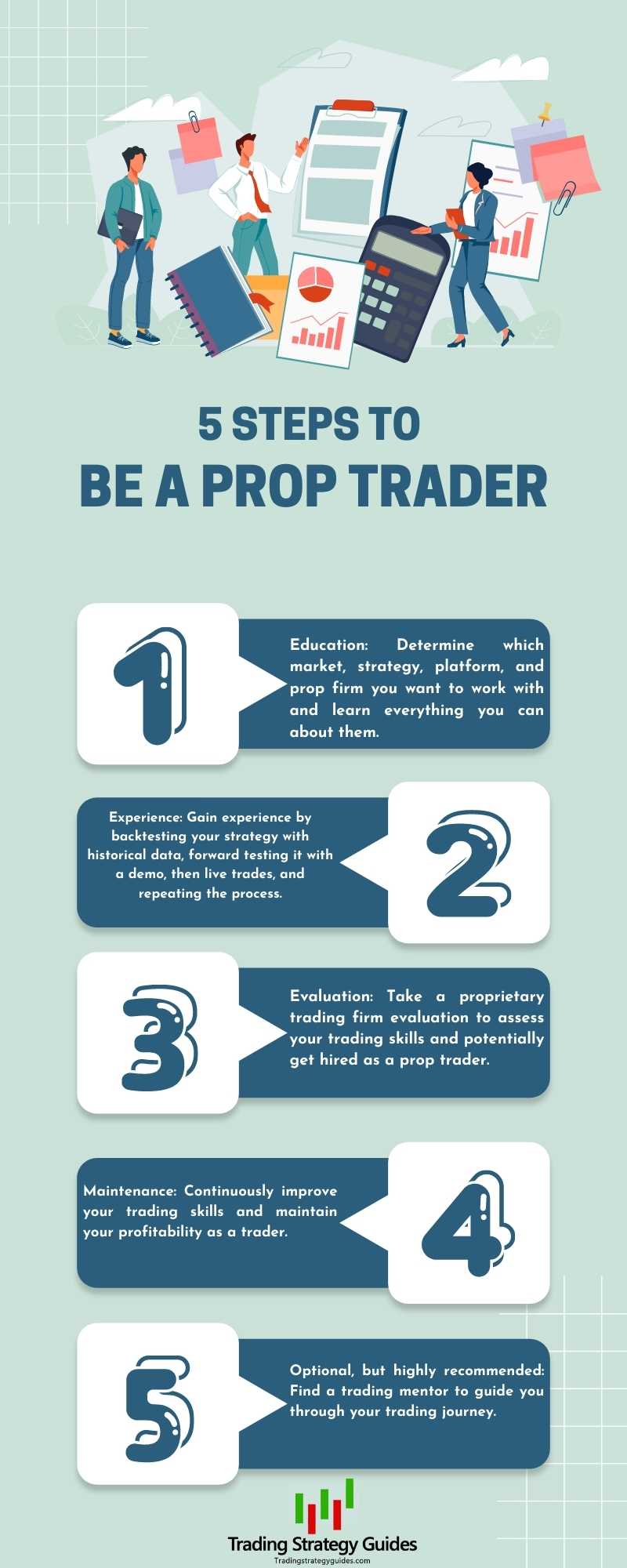
Frequently Asked Questions
Why Join A Prop Firm

Joining a prop trading firm can offer many benefits. Access to capital, advanced technology and tools, mentorship and training programs, and a supportive community of traders, are all benefits that could be a good reason to join a particular firm. Prop firms also often offer performance-based compensation, allowing traders to earn more based on their success. Additionally, prop trading can provide a unique and exciting career path for those interested in the financial markets.
How Much Do Prop Traders Make?
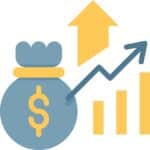
Prop trader salaries can vary greatly. Depending on experience, skill level, and the prop firm’s profit share percentage. Entry-level, profitable traders could make around $25,000 to $100,000 per year. While profitable, experienced traders could make upwards of $500,000 or more. Important: Prop trading is a high-risk, high-reward career, and not all traders are successful. You could lose money!
What is a Prop Trader?

A prop trader, or proprietary trader, is someone who trades with a firm’s own money rather than on behalf of clients. Traders use a firm’s capital to make trades and earn profits, which are then shared between the trader and the firm. Successful prop traders typically must have a strong understanding of financial markets and trading strategies, sound risk and money management procedures, as well as a track record of successful trading.
How do I choose which market to trade in?

As a prop trader, selecting a market to trade in can be overwhelming. Factors to consider include your personal interests and expertise, market volatility and liquidity, and the availability of trading tools and resources for that market. It’s crucial to conduct thorough research and weigh all of these factors before making a decision.
What factors should I consider when choosing a trading strategy?

Selecting a trading strategy requires careful consideration of various factors. These include your risk tolerance, time horizon, market conditions, and trading style. Additionally, complexity, technical analysis involved, and your own experience in the market. Choosing a trading strategy will depend on your goals and preferences.
How important is the time frame in prop trading?

Time frames are crucial in prop trading as they determine the type of trading strategy that will be used. Short-term traders focus on intraday or daily time frames. Long-term traders may use weekly or monthly time frames. It is important for prop traders to understand the different time frames and choose the one that aligns with their trading style and goals.
How do I choose the right trading platform?

Consider a platform’s reliability, speed, cost, and available features when trying to become a prop trader. Popular options for prop traders include Interactive Brokers, TradeStation, MetaTrader, and NinjaTrader. It’s never a bad idea to test out different platforms with a demo account before committing as well.
How do I choose the right prop firm?

When choosing a prop trading firm, consider factors such as the firm’s reputation, trading platform, training and support, payout structure, and risk management policies. Always ensure that you conduct thorough research and ask numerous questions. Before making any commitments, it is crucial to make informed decisions. Lastly, compare a few other firms before committing to one single firm.
How do I backtest my trading strategy?

To backtest your trading strategy, you will need to gather historical data and use a trading platform or software that allows you to simulate trades based on that data. You can then analyze the results and make adjustments to your strategy as needed. It is important to backtest your strategy before using it with real money to ensure its effectiveness.
How do I evaluate my trading performance?
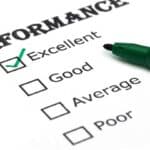
There are several metrics you can use to evaluate your trading performance as a prop trader, including your win rate, average profit/loss per trade, and risk-reward ratio. It’s also important to track your emotions and mindset while trading, as these can have a significant impact on your performance. Regularly reviewing and analyzing your trades can help you identify areas for improvement and make adjustments to your strategy.
How do I maintain my success as a prop trader?

Some tips for maintaining success as a prop trader include staying disciplined, keeping up with market trends and news, continuously learning and improving your skills, and having a solid risk management strategy in place. It’s also important to have a strong work ethic and to be able to handle the pressure and stress that comes with the job.
Sources Cited
- Unlock the Secrets of Prop Firm Trading
- Gain Expert Insights from our prop firm's top traders
- Take Control of Your Finances Today!


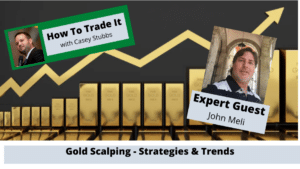
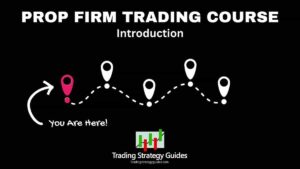
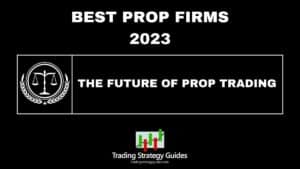
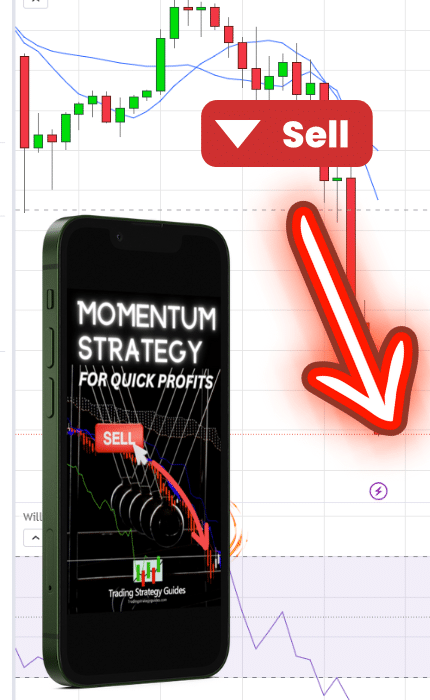

Ready to get started on your journey to become a prop trader? Put all of your questions, comments, and concerns right here.
I haven’t checked in here for some time as I thought it was getting boring, but the last several posts are great quality so I guess I will add you back to my daily bloglist. You deserve it my friend 🙂